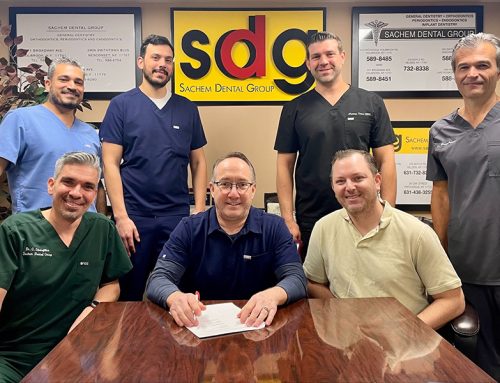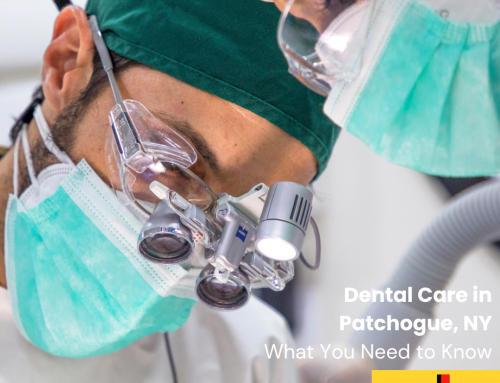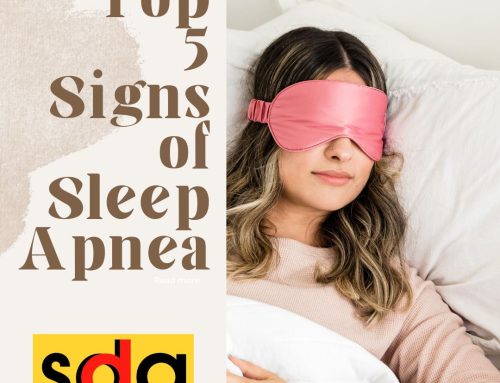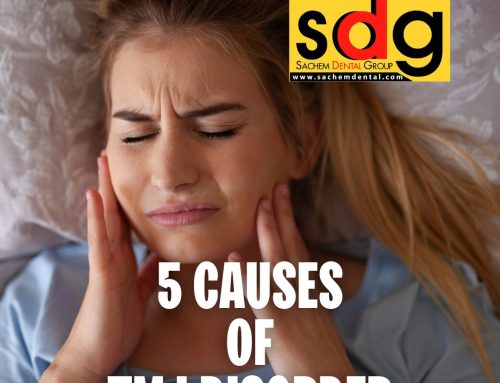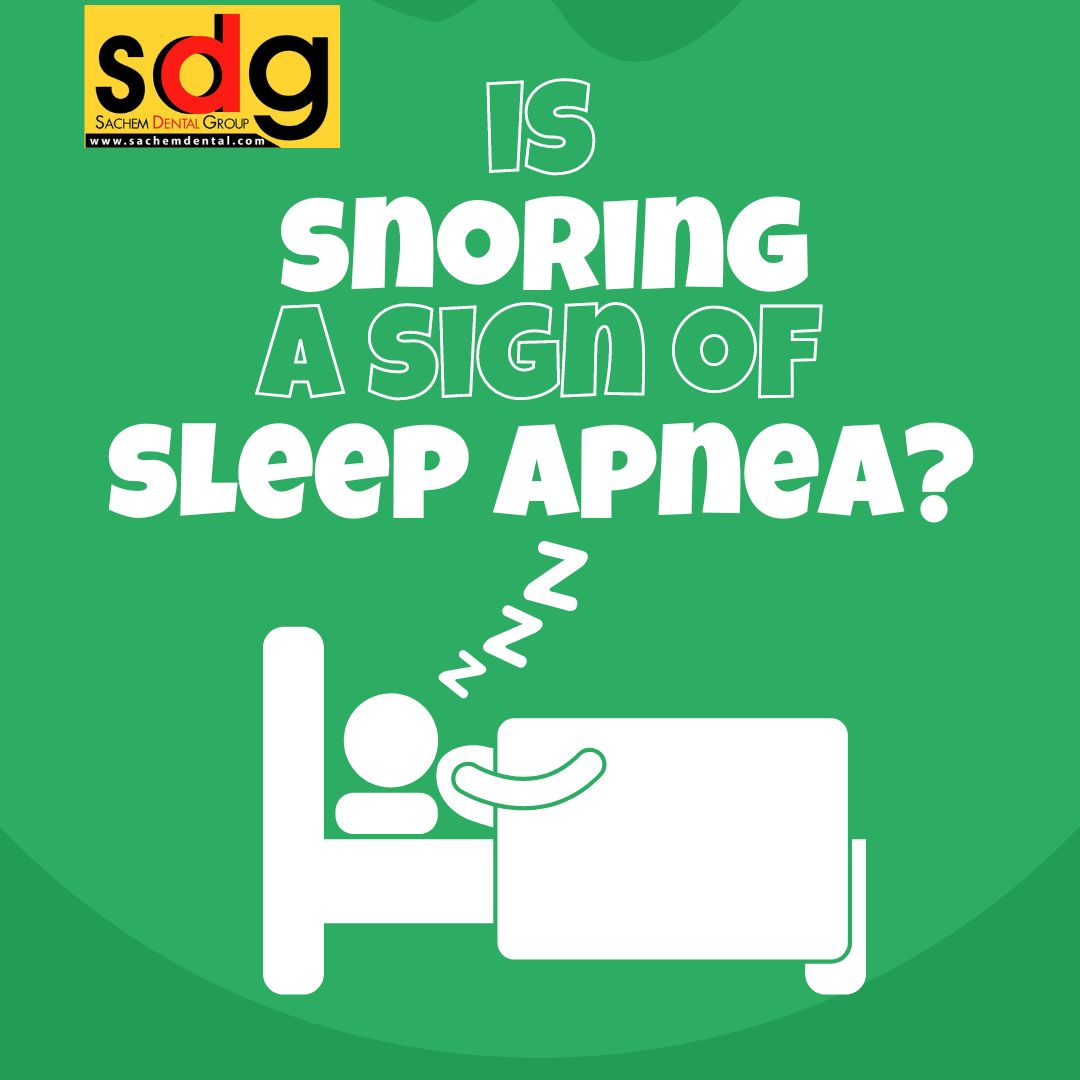
If you or your partner snores, you may be wondering if it’s a sign of a more serious condition like sleep apnea or sleep-disordered breathing. While not everyone who snores has sleep apnea, and not everyone with sleep apnea snores, it’s important to understand the difference and the potential risks associated with sleeping disorders.
Why Do I Snore?
First, let’s start with snoring. Snoring occurs when the muscles in your throat relax and narrow the airway, causing vibrations as air passes through. This can happen when you’re sleeping on your back, after consuming alcohol (because of the extra relaxation in your muscles,) or even when you have a cold or allergies. In most cases, snoring is harmless and can be improved with simple lifestyle changes like sleeping on your side or losing weight, because of how tissue inflammation affects the width of your airway.
Do I Have Sleep Apnea Symptoms?
Sleep apnea, on the other hand, is a sleep disorder where breathing stops and starts repeatedly throughout the night. This occurs when the airway becomes completely blocked, usually due to relaxed throat muscles or excess tissue in the throat. These breathing interruptions can occur hundreds of times each night, leading to poor sleep quality and potential health risks.
So, is snoring a sign of apnea? While snoring doesn’t always indicate sleep apnea, it can be a warning sign along with several other red flags. If you snore loudly, especially if it’s accompanied by gasping or choking sounds, you may have sleep apnea. Other symptoms include waking up with a dry mouth or sore throat, headaches in the morning, depression, difficulty concentrating, daytime fatigue or sleepiness.
When to Take the First Steps
If you suspect that you have sleeping disorder, it’s important to get a proper diagnosis from a medical professional. A sleep study is typically recommended to monitor your breathing patterns and determine if you have sleep apnea. At Sachem Dental Group we can also screen our patients for airway blockage during their oral examination.
Treatment Options for Snoring, Sleep Apnea
There are several treatment options available for sleep apnea and snoring, depending on the severity of the condition. Mild to moderate cases can often be treated with lifestyle changes like losing weight, avoiding alcohol before bedtime, and sleeping on your side. In more severe cases, a continuous positive airway pressure (CPAP) machine may be recommended. This machine uses a mask to deliver a steady stream of air to keep the airway open during sleep.
In some cases, oral appliance treatment may also be recommended for snoring or sleeping disorders. Oral appliance therapy involves wearing a custom-made mouthpiece that holds the jaw forward and prevents the airway from collapsing. This is a non-invasive and comfortable option for those who are unable to tolerate a CPAP machine.
Contact Us for a Sleep Apnea Screening
If you or your partner is experiencing snoring or other symptoms of sleep apnea, it’s important to speak with a medical professional. At Sachem Dental Group, we offer comprehensive dental care including screening for snoring and sleep apnea. Contact us today to schedule a consultation and get on the path to better sleep and overall health.

